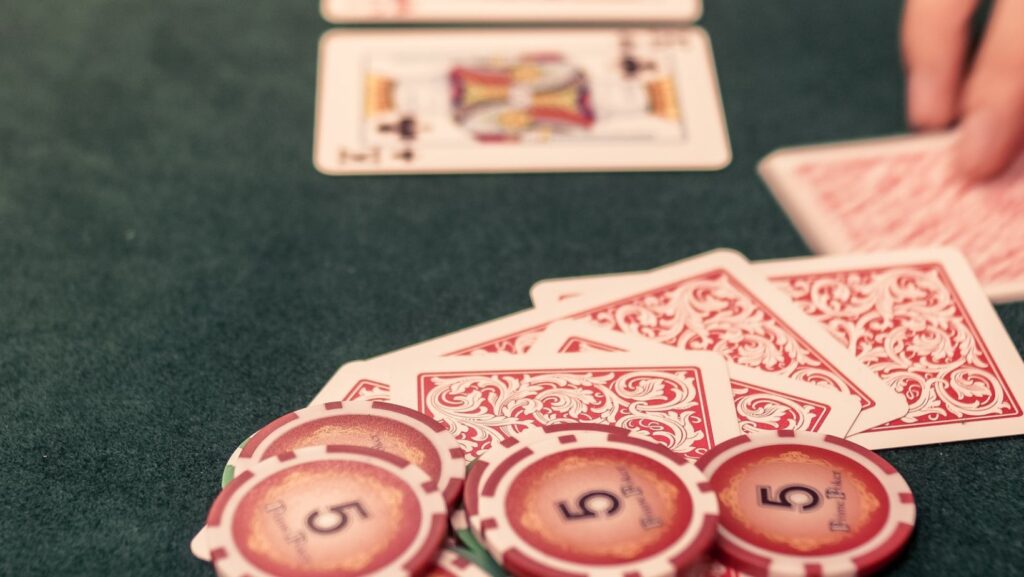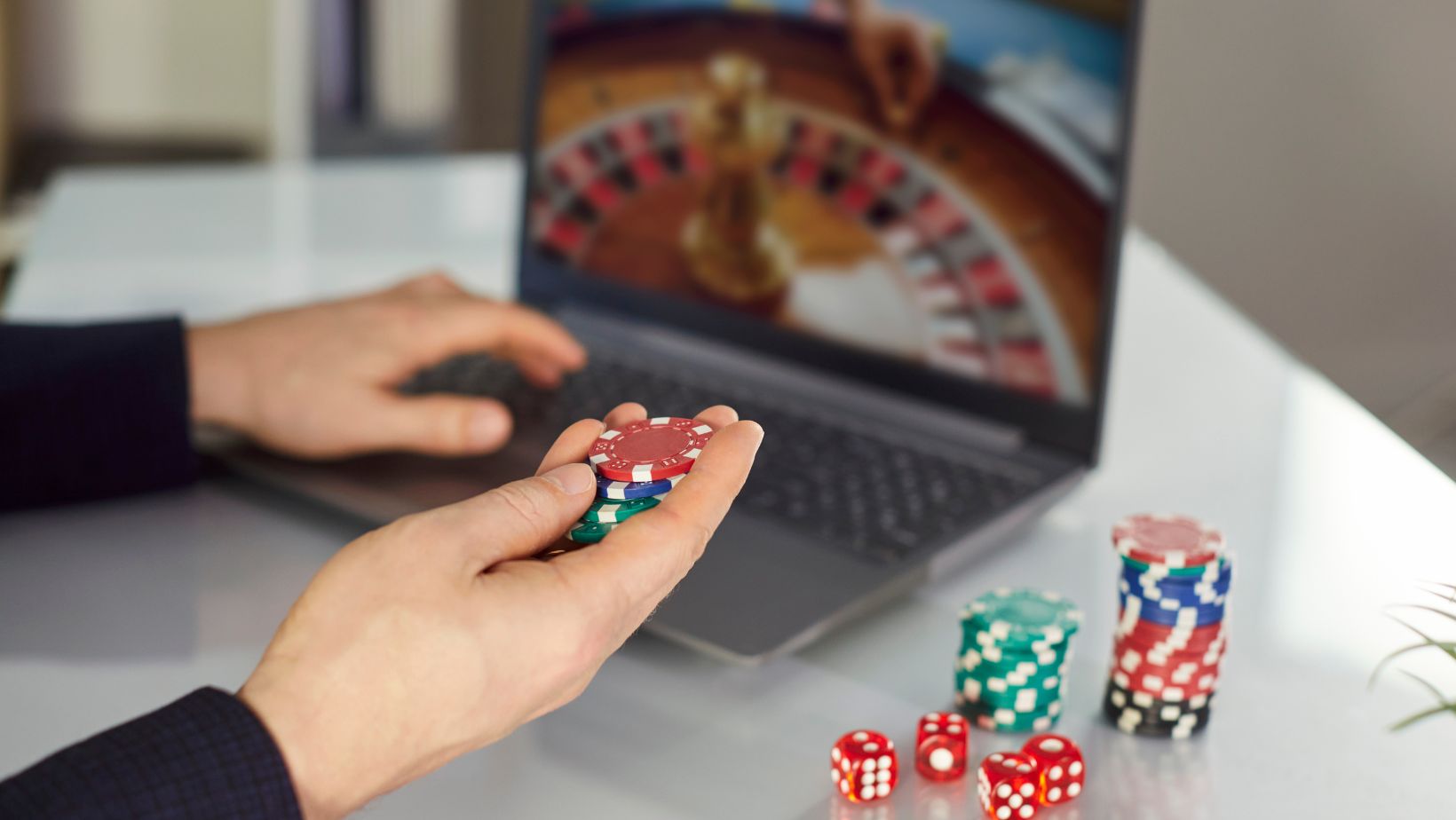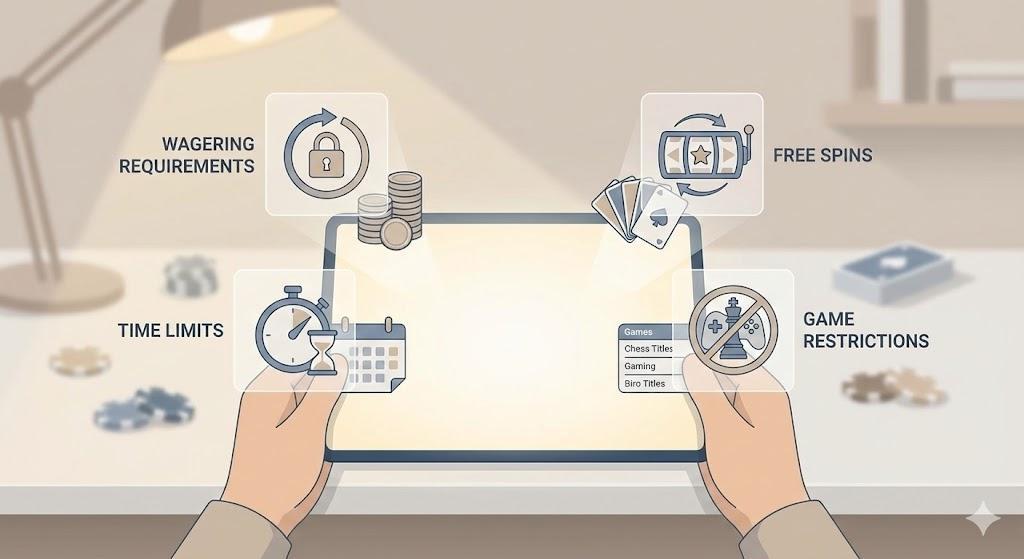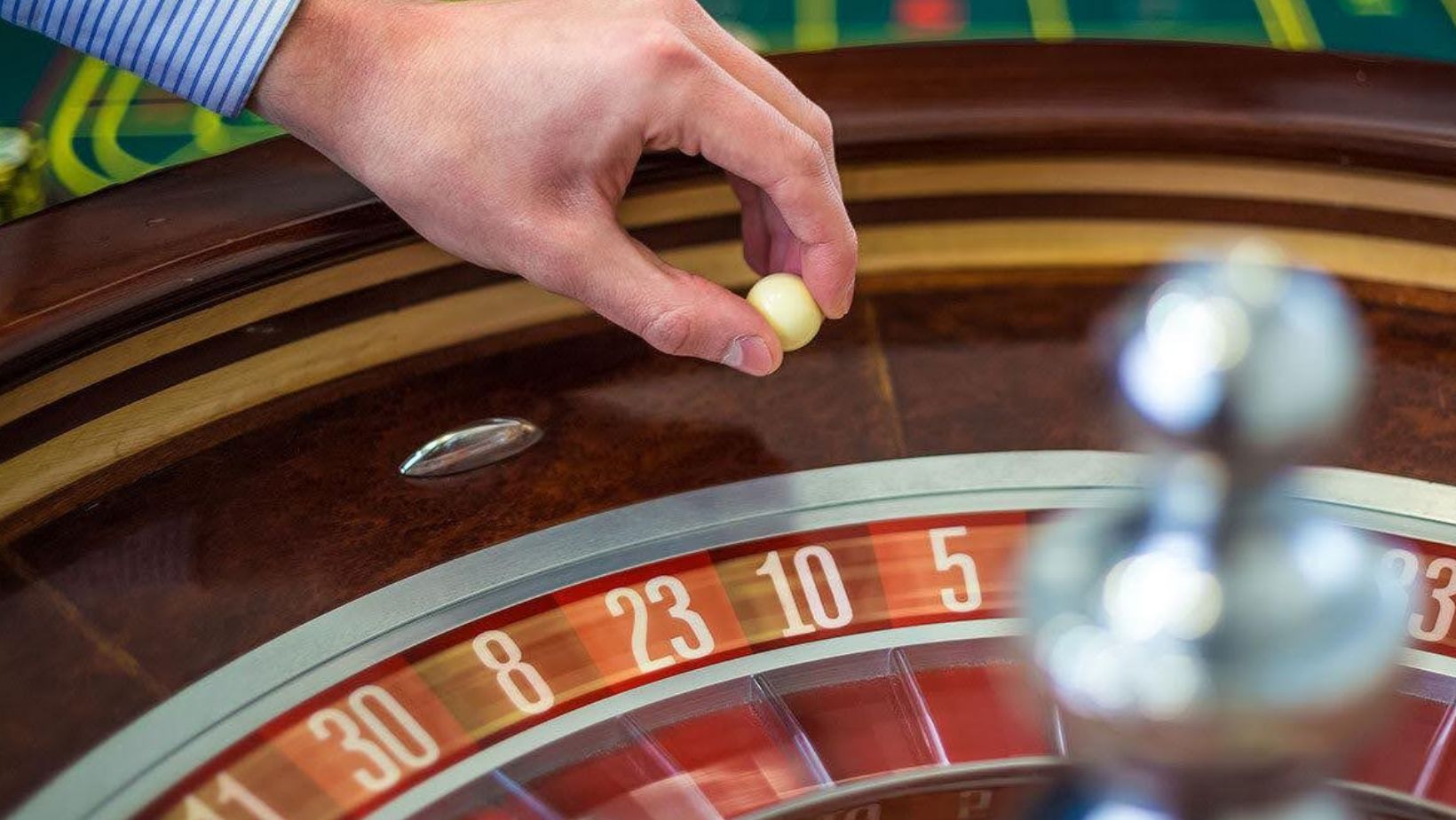If you’ve ever sat staring at a work problem that seemed impossible to crack, you’re not alone. Whether it’s untangling a messy project, dealing with limited resources, or trying to make progress when the odds feel stacked against you, problem-solving can feel like playing against a stacked deck. You know you have tools, but the right move isn’t always clear. That’s where something as simple as Klondike Solitaire comes in. It’s a mirror of the challenges you face in work and life when you’re trying to solve problems that don’t have a neat solution. Here’s what you can learn from it.
- Working With Limited Information
The most frustrating part of Klondike Solitaire is that you never know what’s under the next card until you flip it. It’s the exact same tension you feel in real-life problem-solving. Working without a complete picture. Maybe you don’t have all the data you need, or you’re waiting on input from someone who’s dragging their feet. Still, you’ve got to make a move with what you have.
The game will teach you patience and calculated risk-taking. You can’t just sit frozen because you don’t know the outcome. You have to weigh your choices: do you flip the deck, move a card, or hold back in case something better opens up? It’s about learning to stay comfortable in uncertainty. That’s a skill you should carry into almost every professional setting.
Another part of this lesson is about letting go of the need for perfection. You won’t always make the “right” move. Sometimes you take a shot and realize later you could’ve done something better. But that’s the point. You keep adjusting and learning. The next time you’re stuck in a project with limited info, think of the way Solitaire forces you to move forward, one small risk at a time.
- Resource Management Matters
In Solitaire, every card has a role to play. You can’t just toss one aside because it doesn’t fit your plan right now. Maybe that lowly two of hearts seems useless, but later on, it’s the key that unlocks a chain of moves. That’s basically resource management in disguise.
Now, picture your own work life. How often do you underestimate the “small” resources—a colleague with niche knowledge, a few minutes of free time, or even that half-forgotten tool in your software stack? It’s easy to overlook them until you realize they could be the thing that makes the whole system click. Solitaire forces you to see value in every card, and by extension, every resource.
There’s also a timing element here. Just like in the game, you can’t use every resource at once. Some need to stay on the table until the timing is right. If you burn through everything too fast, you might end up stuck.
- Planning Ahead Without Overthinking
One of the most underrated skills in Klondike Solitaire is the ability to plan just far enough. You’re not mapping out fifty steps ahead, because the hidden cards will change the situation anyway. Instead, you think two or three moves in advance, ready to pivot when new opportunities pop up.
This is where a lot of people get stuck in problem-solving. You might spend hours or even days trying to create the perfect plan, only to have circumstances change and blow it up. Solitaire teaches you that overthinking is just as dangerous as not thinking at all. Planning matters, but flexibility matters more.
Summing Up
When you zoom out, Klondike Solitaire is more than a game to kill time. It’s a tiny training ground for your brain, where you practice real-world problem-solving in a gamified format. The next time you’re staring at your screen, feeling stuck on a work problem, fire up a round of Solitaire.





